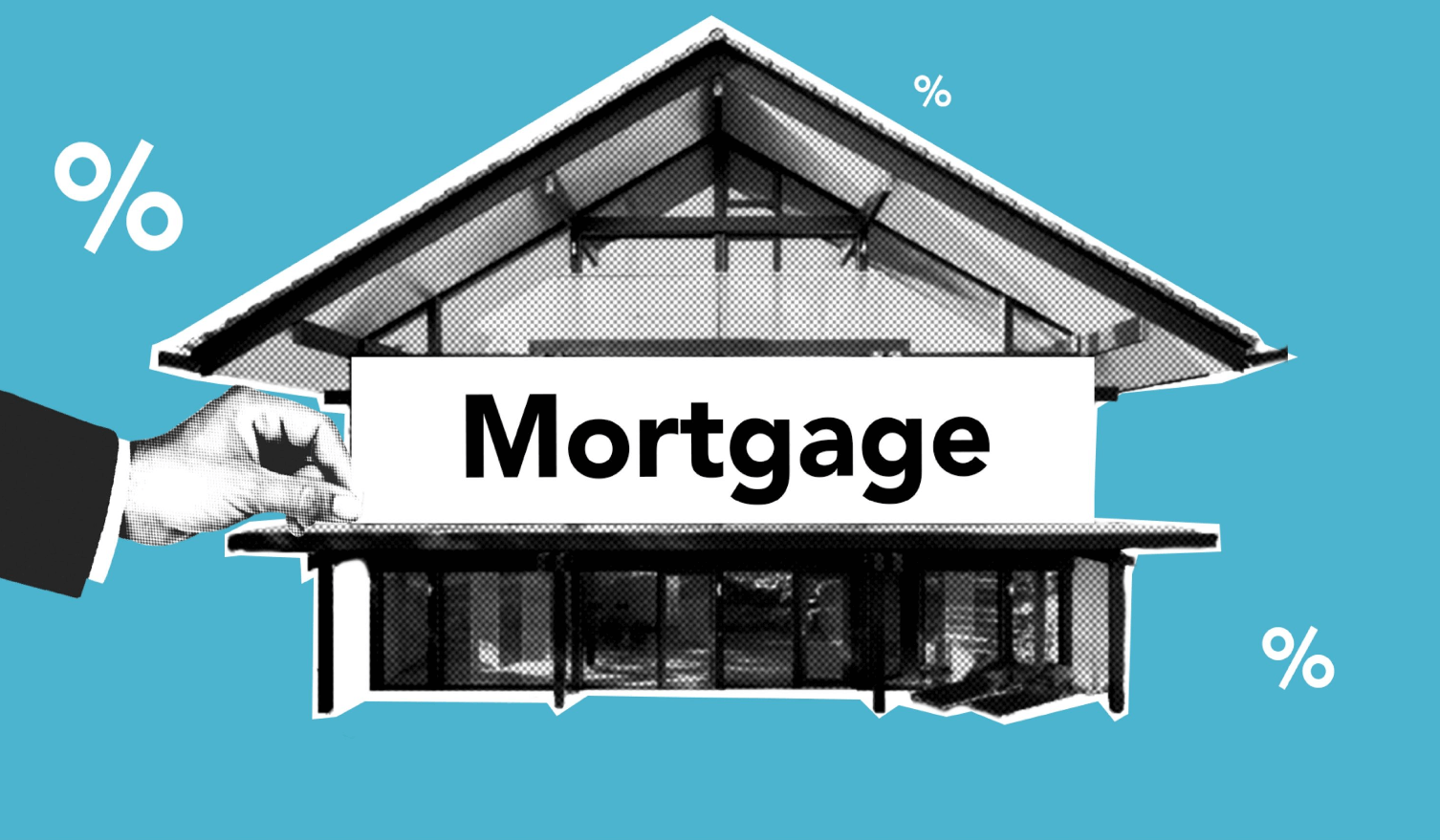Securing the right financing is crucial for growth and sustainability in the dynamic business world. One of the most common financial tools used by businesses is a commercial loan. This article’ll explore the ins and outs of how to get a commercial loan, from types and eligibility criteria to application steps and common pitfalls.
Types of Commercial Loans
Term Loans
Repaid over a set period with a fixed or variable interest rate. They are versatile, suitable for various business needs, such as expansion or equipment purchase.
SBA Loans
Small Business Administration (SBA) loans are government-backed loans that offer favorable terms for small businesses. They are known for their low-interest rates and flexible repayment terms.
Commercial Real Estate Loans
For businesses seeking to acquire or develop property, commercial real estate loans provide the necessary funds. These loans often have longer terms due to the nature of real estate investments.
Equipment Financing
Businesses requiring new equipment can opt for equipment financing, where the purchased equipment serves as collateral. This type of loan is tailored to the asset’s lifespan.
Eligibility Criteria
Credit Score Requirements
Lenders consider credit scores to assess a business’s loan approval and favorable terms.
Business Financials
Financial stability is crucial. Lenders evaluate the business’s financial statements, including revenue, expenses, and profitability, to determine its ability to repay the loan.
Collateral
Collateral provides security for the lender. It can be business assets, real estate, or personal guarantees, offering reassurance in case of default.
Documentation Required
Business Plan
A comprehensive business plan outlines the business’s goals, financial projections, and repayment strategy. It serves as a roadmap for lenders to understand the business’s viability.
Financial Statements
Lenders review income statements, balance sheets, and cash flow statements to assess the financial health and repayment capacity of the business.
Legal Documents
Legal documents, such as licenses, contracts, and registrations, verify the legitimacy of the business and its adherence to regulations.
Choosing the Right Lender
Traditional Banks
Traditional banks offer stability and reliability but may have stricter requirements. They are suitable for businesses with a solid credit history.
Online Lenders
Online lenders provide quick and accessible financing, catering to businesses with urgent needs. However, interest rates may be higher than those of traditional banks.
Credit Unions
Credit unions, being member-owned, often offer favorable terms. They are particularly beneficial for businesses looking for a community-oriented lending approach.
Steps to Apply for a Commercial Loan
Research and Compare Lenders
Thoroughly researching and comparing lenders helps businesses find the best fit for their needs. Consider interest rates, terms, and customer reviews.
Prepare Necessary Documents
Gather all required documentation, ensuring accuracy and completeness. A well-prepared application increases the likelihood of approval.
Submit Loan Application
Submit the application to the chosen lender. Be prepared for the underwriting process, where the lender assesses the application’s risk.
Common Mistakes to Avoid
Inadequate Research
Insufficient research can lead to poor lender choices and unfavorable terms. Business owners must invest time in understanding the lending landscape.
Neglecting Credit Score
A low credit score can hinder loan approval or result in higher interest rates. Regularly monitoring and improving creditworthiness is essential.
Overlooking Loan Terms
Overlooking details may lead to unexpected challenges during repayment.
Loan Approval and Disbursement Process
Underwriting Process
During underwriting, lenders analyze the business’s financial health, creditworthiness, and repayment capacity. It’s a crucial step in determining loan approval.
Approval Timeline
The approval timeline varies among lenders. Some online lenders provide quick approvals, while traditional banks may take longer due to thorough assessments.
Disbursement of Funds
Once approved, funds are disbursed according to the agreed-upon terms. Businesses should use the funds responsibly, aligning with their intended purpose.
Repayment Terms and Options
Interest Rates
Lender, and the business’s creditworthiness. Understanding the interest structure helps in financial planning.
Repayment Periods
Different loans have varying repayment periods. Businesses must choose a repayment period that aligns with their cash flow and financial goals.
Prepayment Options
Some loans offer prepayment options without penalties. Exploring prepayment can save businesses on interest costs over the loan term.
Impact of Commercial Loans on Business
Business Expansion
Commercial loans play a pivotal role in funding expansion initiatives, allowing businesses to explore new markets and increase their operational capacity.
Asset Acquisition
Whether acquiring equipment or real estate, commercial loans empower businesses to invest in assets that enhance their overall efficiency and competitiveness.
Cash Flow Management
Carefully managed loan funds contribute to improved cash flow, enabling businesses to navigate challenging financial periods with greater flexibility.
Alternatives to Commercial Loans
Angel Investors
This alternative is suitable for businesses seeking mentorship and strategic guidance.
Venture Capital
Venture capital is ideal for startups with high growth potential. In exchange for funding, businesses offer equity to investors.
Crowdfunding
It’s a popular option for projects with community appeal.
Case Studies
Successful Commercial Loan Stories
Explore success stories where businesses strategically utilized commercial loans for growth, providing inspiration and insights for other entrepreneurs.
Lessons Learned from Failures
Examine cases where businesses faced challenges in loan repayment, highlighting key lessons to avoid similar pitfalls.
Future Trends in Commercial Lending
Technology Integration
Advancements in technology, such as online applications and artificial intelligence, are shaping the future of commercial lending, making processes more efficient.
Changing Regulatory Landscape
Stay informed about evolving regulations that may impact commercial lending, ensuring compliance and adaptability.
Industry-Specific Loan Programs
Expect to see a rise in industry-specific loan programs tailored to various business sectors’ unique needs and challenges.
Tips for Successful Loan Repayment
Budgeting Strategies
Implement effective budgeting strategies to ensure timely loan repayments without negatively impacting day-to-day operations.
Monitoring Cash Flow
Regularly monitor cash flow to anticipate potential challenges and make informed decisions to meet repayment obligations.
Communication with Lenders
Maintain open communication with lenders. In case of financial difficulties, proactive communication can lead to mutually beneficial solutions. Read more…
Conclusion
In the complex commercial lending landscape, navigating the journey to secure a loan demands careful consideration, preparation, and strategic planning. Remember, a well-thought-out approach increases the chances of loan approval and sets the stage for successful repayment and business growth.
FAQs
- What credit score is required for a commercial loan?
- Lenders typically prefer a credit score of 680 or above, but requirements vary.
- How long does the commercial loan approval process take?
- Depending on the lender, approval timelines range from a few days to several weeks.
- Can I prepay my commercial loan without penalties?
- Some loans allow prepayment without penalties, but reviewing the terms is crucial.
- Are online lenders a good option for commercial loans?
- Online lenders offer accessibility but may have higher interest rates; choose based on business needs.
- What happens if I default on a commercial loan?
- Defaults can lead to legal action, damage credit scores, and result in the seizure of collateral.











